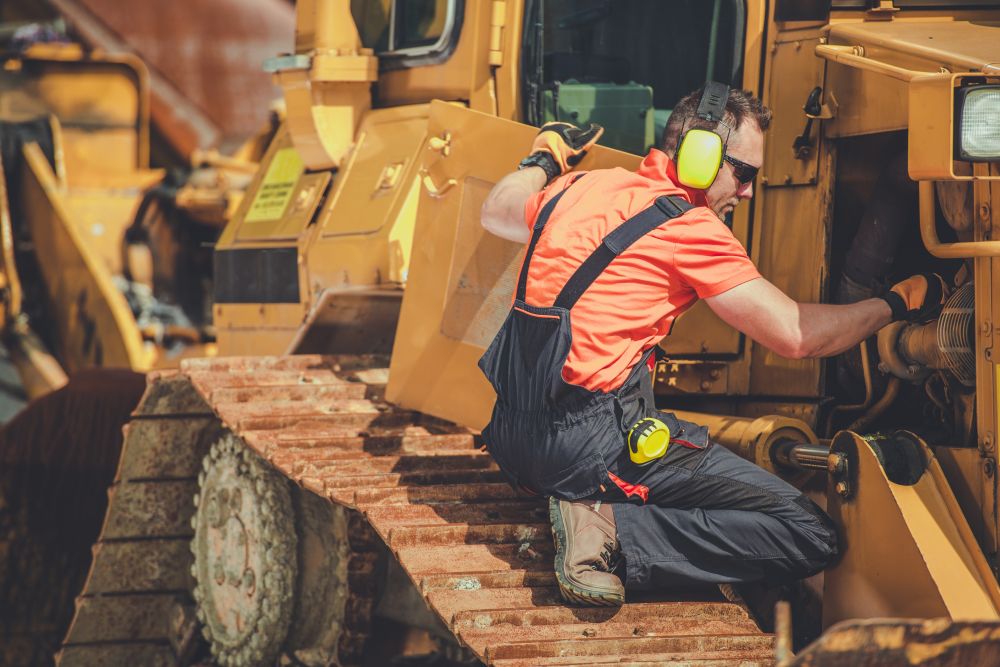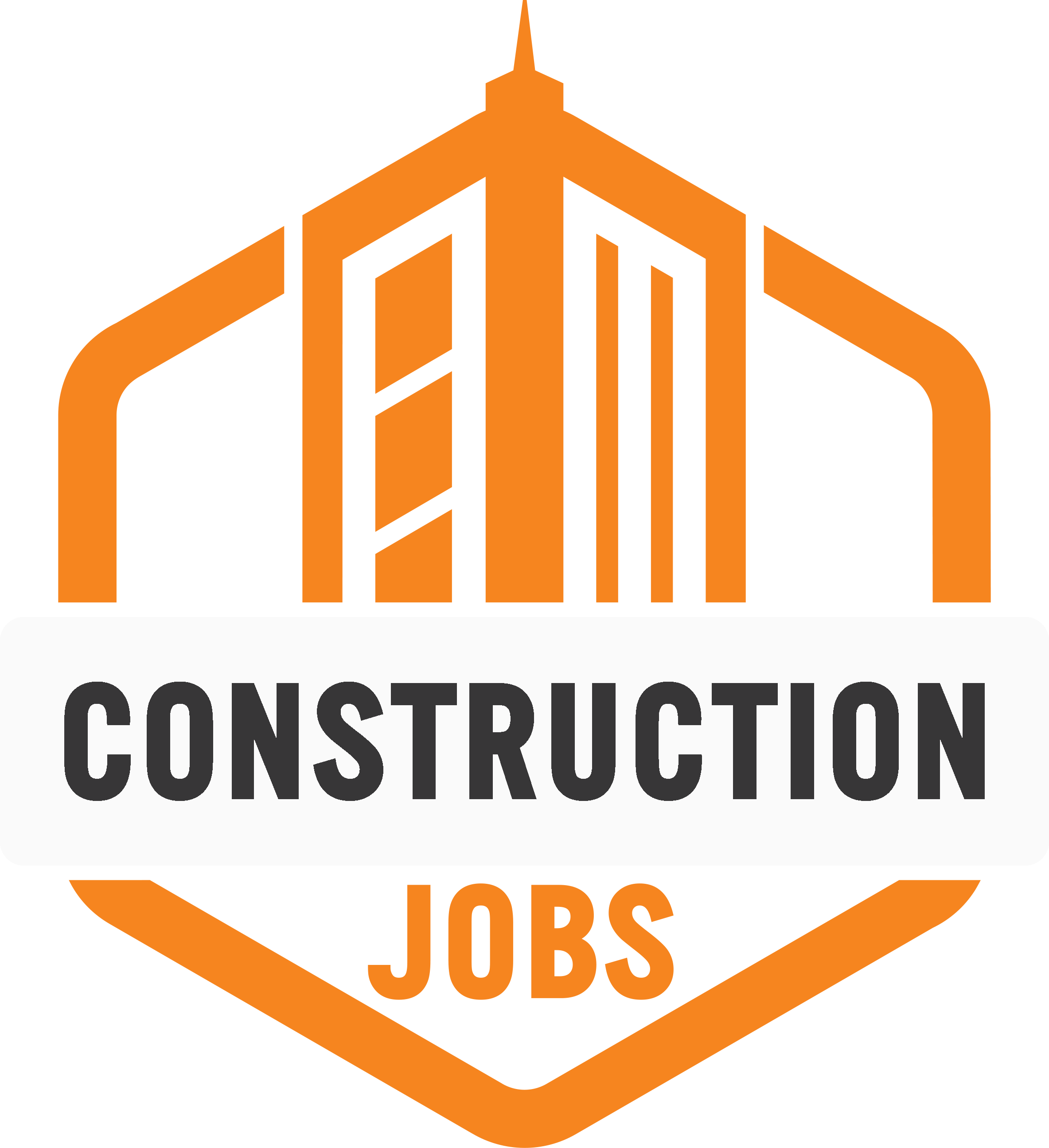Cultivate a Safety-First Mindset Through Equipment Maintenance Training
Safety is paramount in the construction industry. Even minor oversight can lead to severe injuries or project delays.

Proper equipment maintenance training is one of the most effective ways to combat all-too-common safety missteps. Training your team to maintain and care for the machinery they operate daily can significantly reduce safety risks, improve efficiency, and ultimately foster a safety-first mindset throughout your organization.
The Importance of Equipment Maintenance for Safety
Despite advancements in safety protocols, the construction industry still experiences the highest number of workplace deaths, emphasizing the need for continuous safety enhancements and efforts for workers.
The “Fatal Four” — falls, being struck by objects or equipment, electrocution, and getting caught in or between objects — are responsible for 65% of construction deaths. Reducing these risks through diligent equipment maintenance and training is crucial in preventing such accidents and fostering a safety-first culture on-site. Regular inspections, cleaning, lubrication, and replacing worn-out parts extend the life of the equipment and ensure it operates safely and efficiently.
Poorly maintained machinery can lead to mechanical failures such as hydraulic malfunctions, electrical issues, and brake failures, contributing to a wide range of jobsite hazards. When trained to recognize signs of wear and tear, your team can take proactive steps to address these issues before they escalate into dangerous situations — thereby maintaining a safer work environment.
Training as a Catalyst for a Safety-First Mindset
Providing your team with ongoing equipment maintenance training does more than just minimize risks — it fosters a culture of safety. A safety-first mindset is an attitude and approach to work that prioritizes safe practices in every task, no matter how routine. It's the understanding that safety is not a box to check but a core value that guides all decision-making processes.
When you invest in maintenance training, you signal to your team that safety matters. Workers who receive regular training are more likely to internalize safety procedures, understand the critical role that equipment plays in job safety, and be vigilant in identifying potential hazards. This practice creates a ripple effect throughout your team as workers become more proactive about safety and encourage others to do the same.
Moreover, equipment maintenance training can bridge the gap between management and field workers. When everyone is on the same page regarding safety protocols and equipment care, communication improves, and safety becomes a shared responsibility rather than an individual concern.
Engine and Motor Maintenance: A Key Area of Focus
One of the most important aspects of equipment maintenance is engine or motor care. Engines and motors are the heart of many construction machines, from bulldozers to cranes. If they fail, productivity can be affected — or worse, dangerous situations may arise.
Machines will experience malfunctions over time, but regular inspections and preventive maintenance of critical components can help you and your team catch potential issues early. Excavator operators, in particular, should develop the habit of inspecting their equipment before and after use to avoid costly problems down the line.
Proper engine maintenance includes regular oil changes, checking coolant levels, and ensuring fuel systems are clean. Over time, neglecting these areas can lead to overheating, loss of power, or complete engine failure — all of which increase the risk of accidents. During maintenance training, ensure your team understands the importance of these tasks and how to perform them correctly.
Notably, preventive maintenance practices can boost equipment longevity by up to 60%. This statistic highlights how a small investment in training can do more than just protect your staff — it can save you costs in the long run as it lets you utilize longer-lasting, safer equipment on your jobsites.
Building a Culture of Safety
In the construction industry, the importance of safety cannot be overstated. Implementing equipment maintenance training — and implementing it properly and consistently — can reduce the risk of accidents and cultivate a safety-first mindset within your team. Well-trained workers who are vigilant about maintaining their tools and machines contribute to a culture where safety is second nature, not an afterthought.
Invest in proper maintenance training for your team, and you'll see the benefits in reduced equipment downtime, improved safety, and a more cohesive work environment. When safety becomes everyone's priority, your jobsites will become more efficient, productive, and — most importantly — safe.
- Share This →

